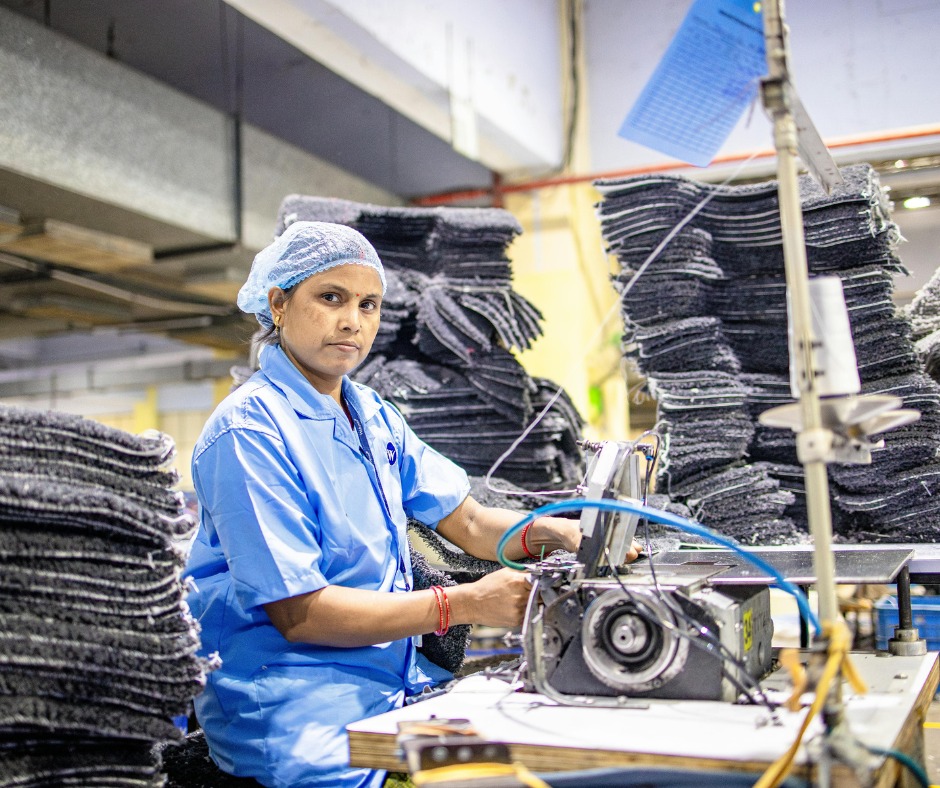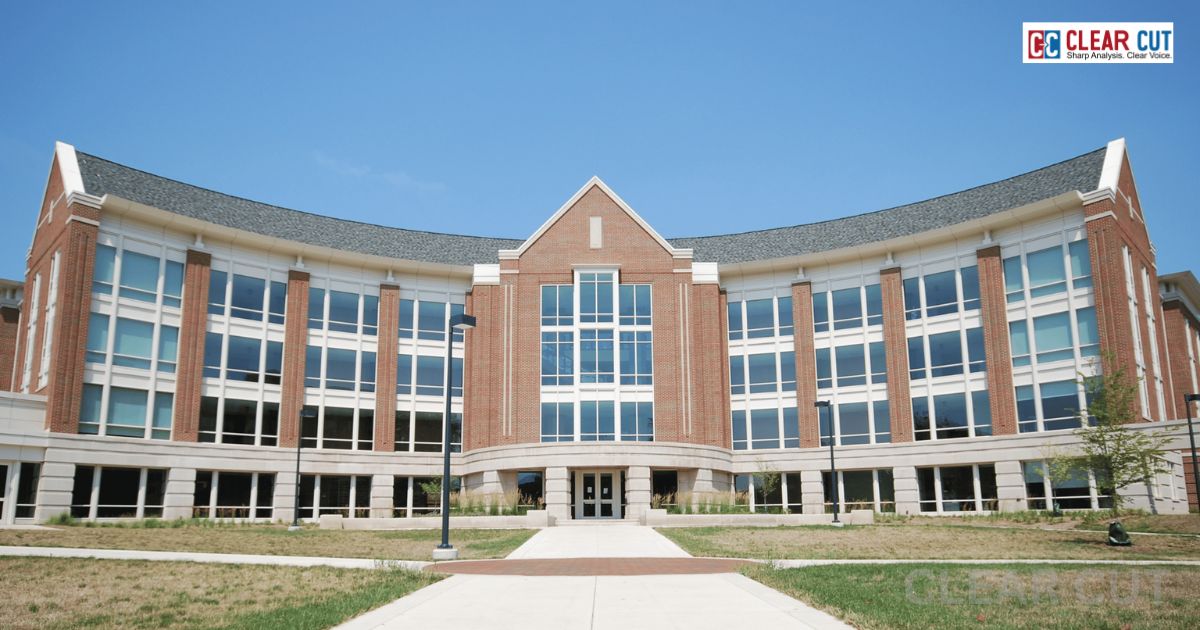India has announced a sweeping package of youth-focused initiatives worth over Rs 62,000 crore, aimed at transforming skill development, education, and employability across the country. Launched by the Prime Minister at Vigyan Bhawan, the programme underscores a national priority: harnessing the power of India’s young population to drive inclusive growth.
At the centre of the announcement is PM-SETU (Pradhan Mantri Skilling and Employability Transformation through Upgraded ITIs). With an allocation of Rs 60,000 crore, the scheme will modernize 1,000 government Industrial Training Institutes. These ITIs will be restructured into hub-and-spoke clusters, with anchor hubs tied to industry partners guiding innovation, training, and job-oriented curricula, while spoke institutions expand access across regions. The first phase will begin in states like Bihar, focusing on Patna and Darbhanga.
Complementing this, the government will establish 1,200 vocational skill labs in Navodaya Vidyalayas and Eklavya Model Residential Schools. Covering 12 priority sectors from agriculture and IT to tourism and logistics. These labs will give students practical exposure, especially in underserved and tribal areas.
For Bihar, specific interventions have been lined up. The redesigned Mukhyamantri Nishchay Svyam Sahayata Bhatta Yojana will provide Rs 1,000 monthly stipends for two years to nearly five lakh graduates, coupled with free skill training. Alongside, the Bihar Student Credit Card Scheme has been relaunched to offer interest-free education loans up to Rs 4 lakh, benefiting over 3.92 lakh students so far.
Two new institutions will further anchor Bihar’s youth strategy: the Bihar Yuva Ayog, to engage and guide citizens aged 18 to 45, and the Jan Nayak Karpoori Thakur Skill University, designed with an industry-oriented approach. Additionally, Rs 160 crore has been sanctioned to strengthen academic and research facilities in four universities in Patna, Madhepura, Chapra, and Nalanda Open University, serving more than 27,000 students under the PM-USHA (Pradhan Mantri Uchchatar Shiksha Abhiyan) scheme.
A major milestone is the dedication of the Bihta campus of NIT Patna. Built to accommodate 6,500 students, it houses a 5G lab, an ISRO-backed regional space centre, and an innovation hub that has already supported nine startups.
The Prime Minister also distributed appointment letters to over 4,000 new government recruits in Bihar and released Rs 450 crore in scholarships for 25 lakh students in classes 9 and 10 under the Mukhyamantri Balak/Balika Scholarship Scheme.

Photo Credit: Raag Pratham
Beyond Announcements#
This package reflects a deeper shift in policymaking: moving from fragmented schemes to an ecosystem approach. By combining infrastructure upgrades, financial support, industry partnerships, and local institutions, the government is building a pipeline from education to employment.
PM-SETU is particularly significant because it aligns vocational training with real industry demand. The vocational skill labs in schools extend this logic earlier in the education cycle, offering young people exposure to practical skills before entering the job market.
Bihar, with its large youth population and pressing employment needs, is being positioned as both a priority and a proving ground. Success here could serve as a template for other states.
Yet the challenges are considerable. Infrastructure investments will need to be matched by trained faculty, updated curricula, and strong linkages to employers. Financial schemes like stipends and loans are vital, but long-term change depends on sustainable job creation.
A Social Investment#

Photo Credit: Raag Pratham
These initiatives carry implications beyond education or employment statistics. Skills and opportunities provide dignity, prevent migration under duress, and allow young people to participate fully in society. A stipend may seem modest, but it signals recognition of the aspirations of graduates. Interest-free loans ease access to higher education for families that might otherwise forgo it.
If implemented effectively, the Rs 62,000 crore package can do more than modernize ITIs or build new labs. It can shift the trajectory of millions of households, creating ripples in education, health, and economic resilience.
The test, however, lies ahead. Whether in upgraded ITIs, skill labs in remote schools, or new university campuses, the measure of success will not be funds spent but futures shaped. For India’s youth, the stakes could not be higher.
Clear Cut Education Desk
New Delhi, UPDATED: Oct 03, 2025 19:50 IST
Written By: Raag Pratham




